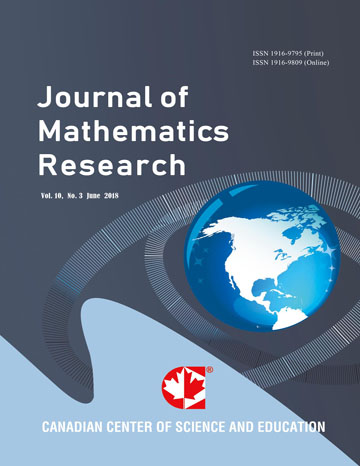Analysis of the Competition for the Location of the Optimal Hub in the WAEMU (West African Economic and Monetary Union) Zone
- Abdoulaye Ali Ibrahima
- Saley Bisso
- Salimata Gueye Diagne
- C. Diallo
Abstract
The objective of this study is to analyze the contribution of governance (political stability) as well as per capita income and traffic past measured through the number of passengers traveling by air during a period of one year within each country of the zone to the formation of a hub in the WAEMU zone. Governance has been apprehended through Kaufman indicators which summarize the six dimensions of governance. Three control variables have been added in the model to better explain per capita income and reduce bias in the estimation. To achieve this objective, the study proceeded first with a descriptive analysis which revealed the existence of a positive linear correlation between governance indicators and the level of air traffic, and then with a dynamic panel approach. To this end, the Generalized Moment Method (GMM) showed that the overall contribution of governance to economic performance is not significant in the sample, as well as for each dimension of governance taken individually. However, the results differ when dissociating the specific effect of Senegal, where political stability, government effectiveness, regulatory quality and rules and laws each have a positive and significant impact on per capita income.
 PDF
PDF
